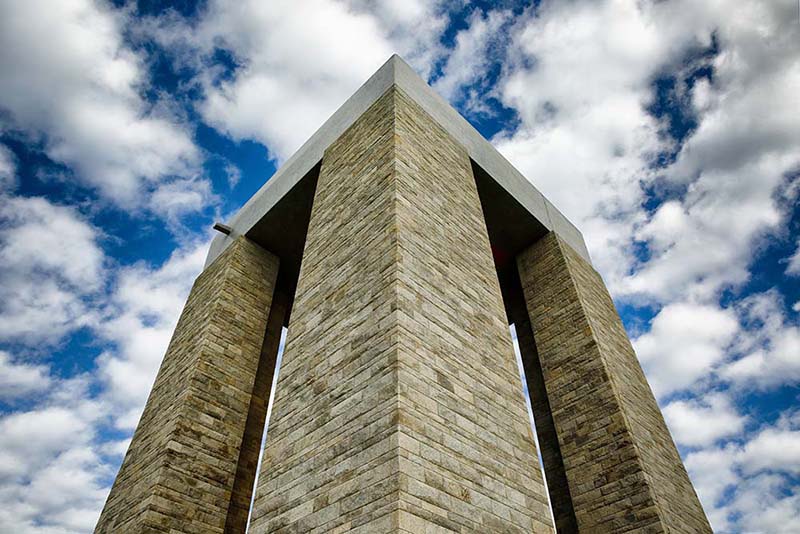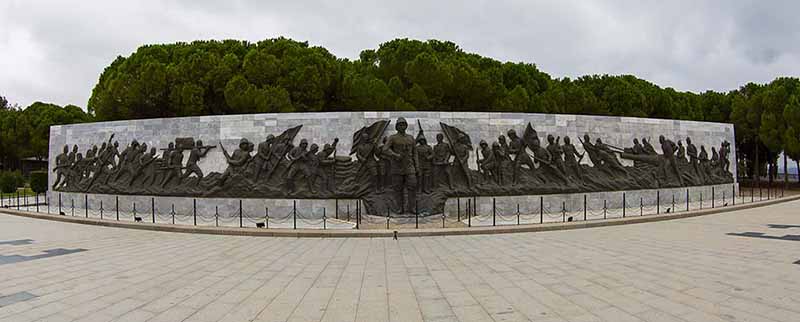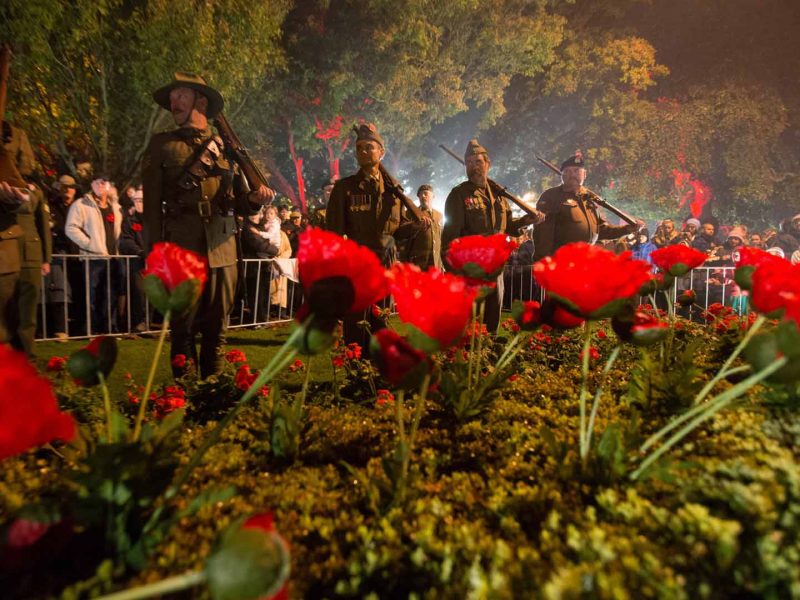When someone mentions the Battles of Gallipoli, March 18th comes to mind first. This date is so important because of the victory won, but besides this, April 25th, a.k.a Anzac Day, is also important.
Civils and soldiers who fought on behalf of New Zealand and Australia and died in these wars are memorialized in the Day of Anzac. One part of Battle of Gallipoli happened at sea and on March 18th, the victory came in here! That date is so important and legendary because of the win. Every year, at that time, soldiers who died in this war protecting the country are memorialized. Tens or thousands of people from all over the country come to Çanakkale to see the eternal resting place of these martyrs are and to testify to the conditions of that period. People pray and remember the martyrs here.
It should not be forgotten that ground wars are as important as naval wars in the Battle of Gallipoli. During ground wars of Gallipoli, many of our soldiers were martyred. This ground war happened on April 25th, where soldiers from every nation fought neck and neck. For this reason, international ceremonies are held every April 25th in the Gallipoli Peninsula.
Anzac is a word formed by the initials of the name Australian and New Zealand Army Corps. Anzac soldiers fought with Turkish soldiers with the support of the British during the war. After the loss of the Battle of Gallipoli at sea, those soldiers were brought to Gallipoli. A tomb was built for the Anzac soldiers who lost their lives in this war. Every year, the grandchildren of the Anzac soldiers, among others, come to our country to re-live this past. The Day of Anzac is also one of national festivals in Tonga, Niue, the Cook Islands, and the Pitcairn Islands.

Çanakkale Martyrs Memorial against Dardanelles Strait.
At the same time, the Anzac expression is regarded as a symbol of unity and solidarity about helping friends in difficult times. After religious and military ceremonies, New Zealanders continue their ceremonies at Conk Bay where there were bloody fights in August; Australians continue their ceremonies at Kanlısırt where they lost thousands of soldiers.
The Anzacs learned many things from Gallipoli, having to admit that Turkish soldiers were militant yet gentle– so different from their original notion of the Turkish soldiers being barbarians and bloodsuckers. Mustafa Kemal Atatürk stated that the Anzacs who lost their lives here are sleeping peacefully in their homeland:

Çanakkale Martyrs Memorial taken from sea in Gallipoli, Çanakkale, Turkey.
“Those heroes who shed their blood and lost their lives! You are now lying in the soil of a friendly country. Therefore, rest in peace. There is no difference between the Johnnies and Mehmets to us where they lie side by side here in this country of ours. You, the mothers, who sent their sons from far away countries wipe away your tears; your sons are now lying in our bosom and are in peace. After having lost their lives on this land they have become our sons as well.”

